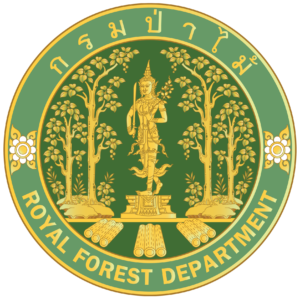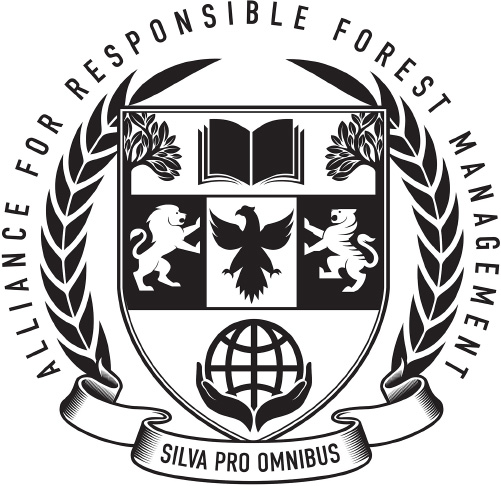Alliance for Responsible Forest Management (ARFM) has received a Letter of Intent from the Forestry Foreign Affairs Office, Royal Forest Department, Thailand (RFD), to become an Institutional Partner in Asia-Pacific. The focus of the Partnership is to support ARFM activities in Asia-Pacific through technical collaboration across the region and globally, foster increased communication and outreach regarding the importance of tropical forestry, include ARFM and related RFD activities, programmes and initiatives, including international forestry affairs and highlights. Dr Preecha Ongprasert, Director of the Forestry Foreign Affairs Office, and his staff, bring decades of experience in international cooperation, education and knowledge to ARFM to create a coordinated global support network promoting awareness, training, and implementation of best management practices for responsible forest management across the tropical world. The work will contribute to reducing greenhouse gas emissions from entering the atmosphere from the forest sector and the conservation of biological diversity. While this work is specific to Asia-Pacific, the Partners recognise the need to coordinate work within the ARFM network across the tropical regions of Africa, Latin America and the Caribbean.

RFD has joined the ARFM as a lead technical partner for Asia-Pacific and will join the ARFM Executive Board and Technical Training Council to support and ensure operations and programmes are implemented with the utmost transparency and ethical behaviour across the ARFM system. RFD shall support the implementation of policies for strengthening organisations and extension services related to developing regional training modules, establish and facilitate the training centres in Asia-Pacific for forest managers and practitioners, Certification Bodies (CBs), auditors, government agencies, private and civil sector forest organisations and communities. The best practice manuals shall incorporate quantifiable research metrics for statistical analyses and gap identification to support reviews and updates at regular intervals to incorporate changes in policies, regulatory framework, technologies, and practices. All manuals will be translated into in major languages used in each region and in the field, such as English, French, Indonesian, Malay, Mandarin, Portuguese and Spanish.
Call to Action
- Promote the implementation of regional-specific best practice material utilising over 30 years of peer-reviewed research and applied knowledge in tropical forest management.
- Foster holistic, continuous, and responsible forest management on the ground by capturing proven, localised best practice approaches for all types and scales of commercial forestry.
- Provide forestry education to the private, civil, and public sectors, which includes multidisciplinary topics and holistic management of forests, including sustainable yield, silviculture, forest restoration and conservation, community forestry and rights-based approaches, and forest management at the landscape level.
- Support continuing education and extension training to practitioners, certification bodies, auditors, government agencies and private sector forest organisations, including upper management and Directorship.
- Nurture stakeholder engagement and partnerships through the dissemination of information, facilitating networking and fostering collaborative action amongst stakeholders and communities.
- Support international Conventions, Agreements, and commitments through education and training, including the recent decisions at COP 26 to halt and reverse deforestation by 2030 and safeguard biological diversity in tropical forests, including the Kunming-Montreal Global Biodiversity Framework agreed in late 2022 under the Convention for Biodiversity.
Strengthening through Continuous Education
- Strengthening knowledge, education and awareness programmes to promote a better understanding of the relationships between forests, environmental sustainability, governance, and human needs.
- Partnerships and collaborations between education and research centres, governments, NGOs, private sector, international organisations and communities to promote and implement responsible forestry practices effectively.
- Development and implementation of innovative technologies can help improve the efficiency and responsibility of forest management practices.
- Effective policies and regulations to promote responsible practices, corporate governance, environmental services, legality and certification programmes and deforestation-free commodities.
- Collaboration with local and indigenous forest communities to regulate property rights, implement responsible practices and ensure benefits are shared equitably.
Get involved
The ARFM aims to deliver a significant contribution to remove the current barriers of practicing responsible forest management across the tropical world, including to raise awareness and seek the active support of all communities and stakeholders and meet the requirements of environmental Agreements, Conventions and commitments. The ARFM encourages all interested individuals, companies, governments, civil society and communities to join our Call to Action and support the improvement of tropical forest practices, globally.
For information, please contact us at: info@arfm.org.
The official press release can be downloaded here: PR 003a ARFM Royal Forest Department_230718.
